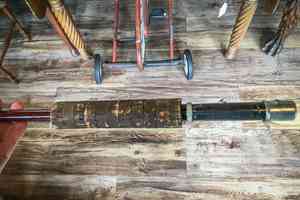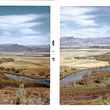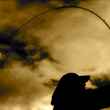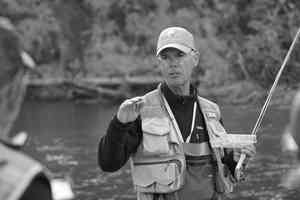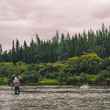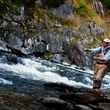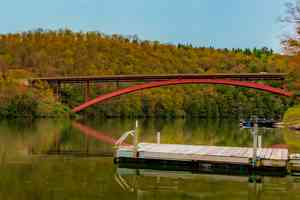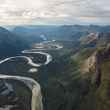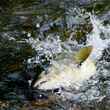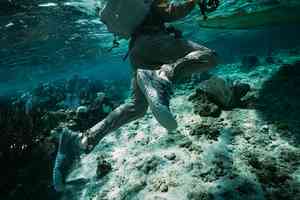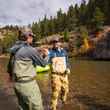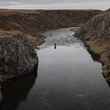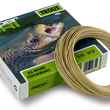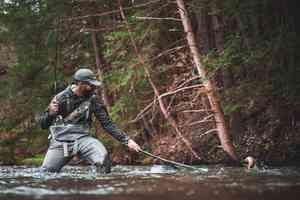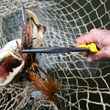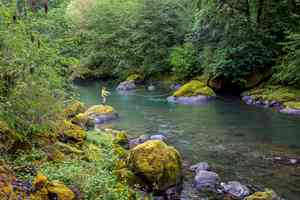Researchers at Canada's Simon Fraser University announced recently that Infectious Salmon Anemia (ISA) was detected in two wild sockeye salmon collected from the waters of Rivers Inlet, British Columbia. This marks the first time that ISA has been detected in fish found in pacific northwest waters, whether wild or farmed. The discovery has caused a considerable amount of alarm, given the potential threat that ISA poses to the already-dwindling stocks of wild salmon in pacific northwest waters.
ISA has long been a problem for salmon farming operations in the waters off Norway, Scotland, eastern Canada and Chile. The virus, by infecting the red blood cells, causes severe anemia in affected fish, often leading to death. Mortality rates in infected farming operations as high as 100% have been observed. Loss rates of 70% are not uncommon. There is no treatment for the disease once a fish is infected and vaccines designed to prevent infection are considered less than effective and difficult to administer.

